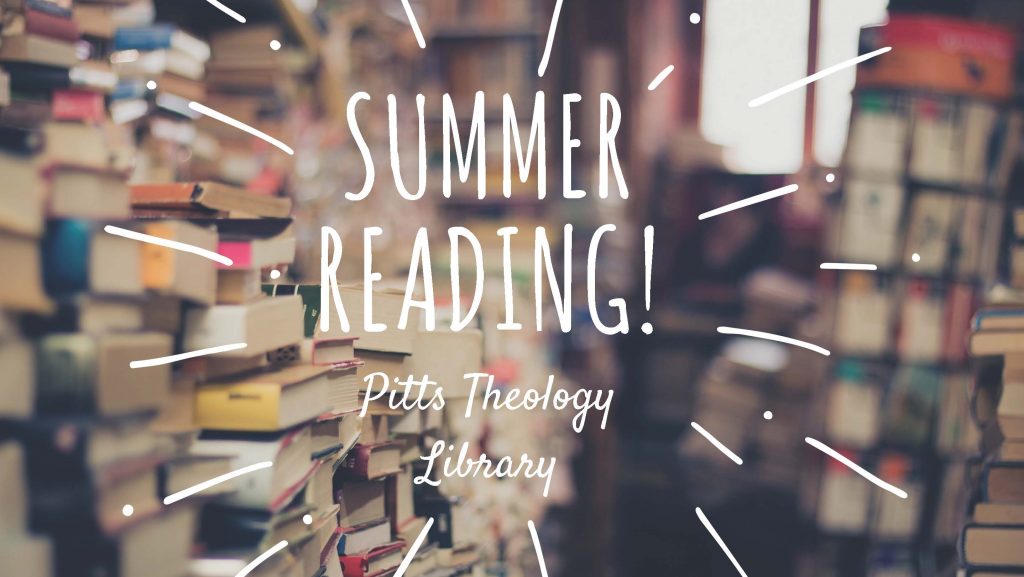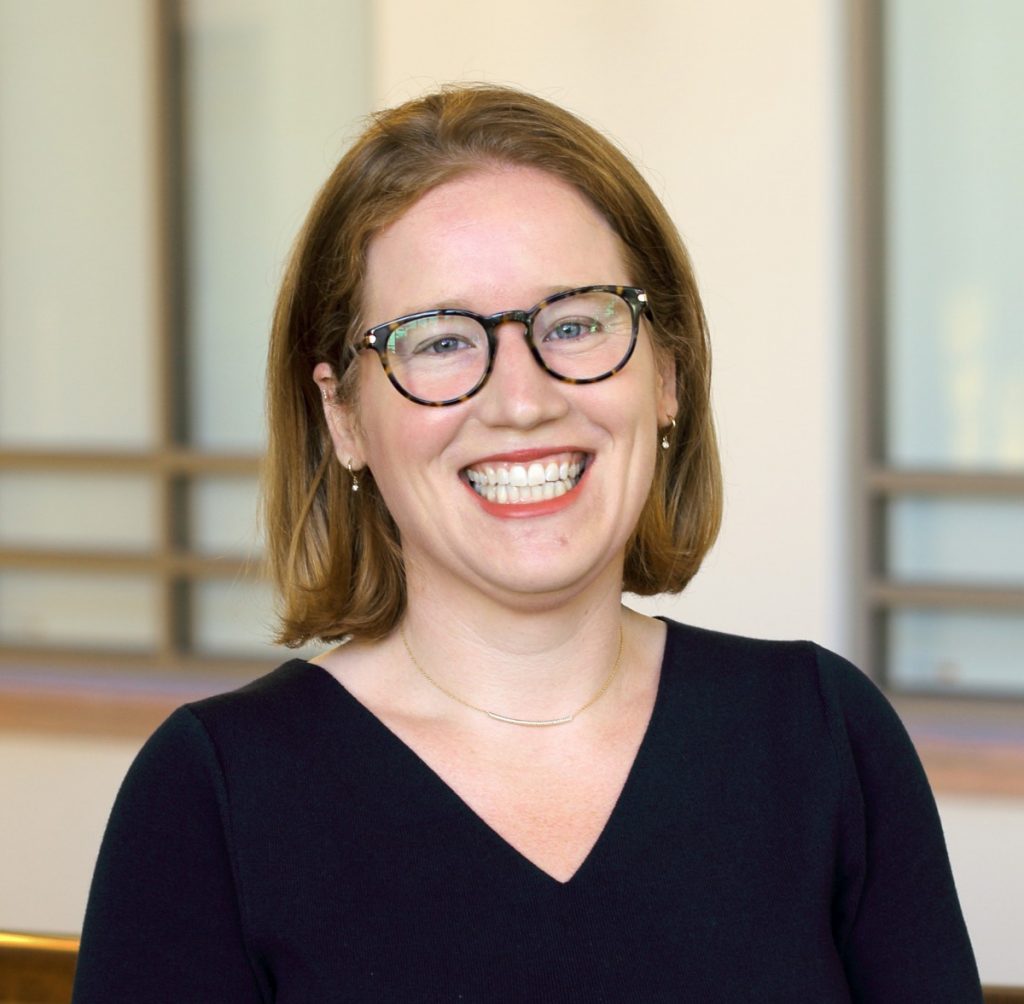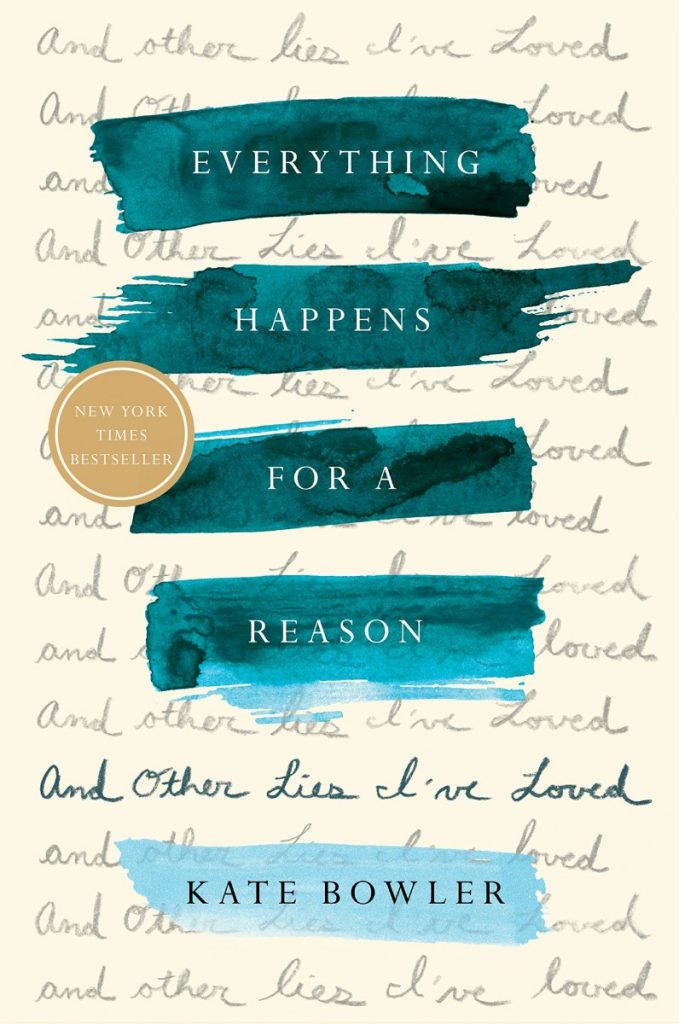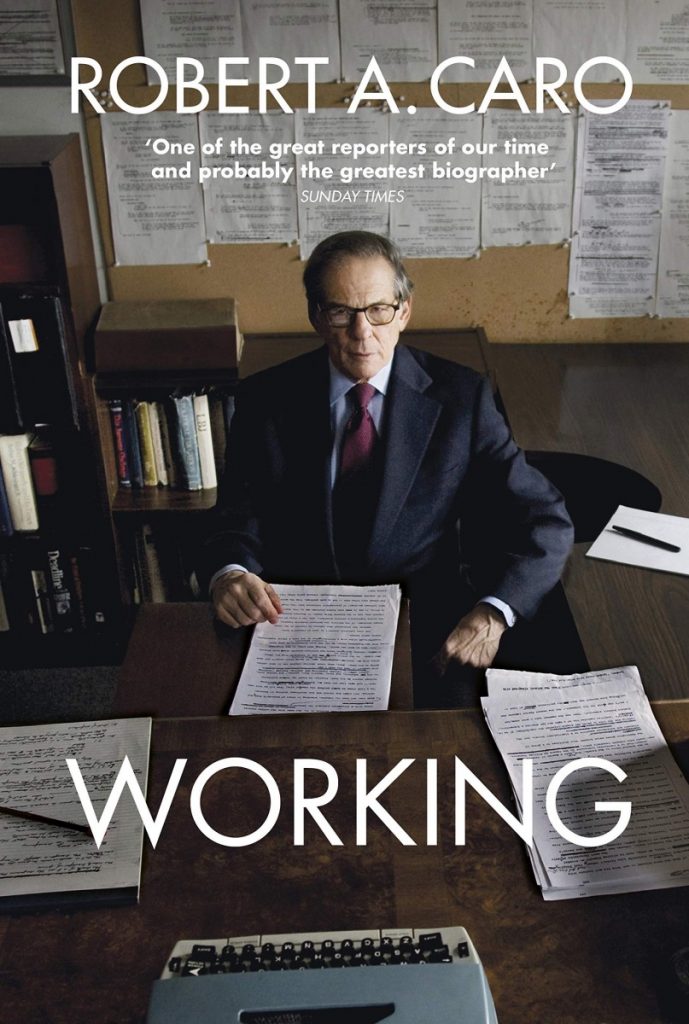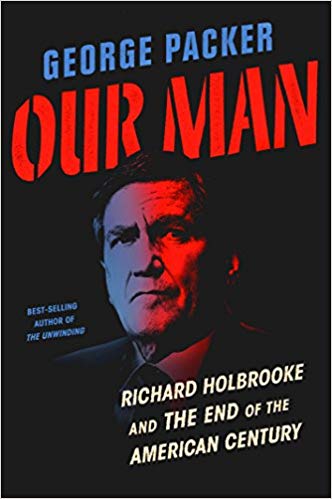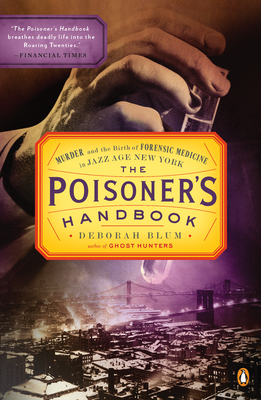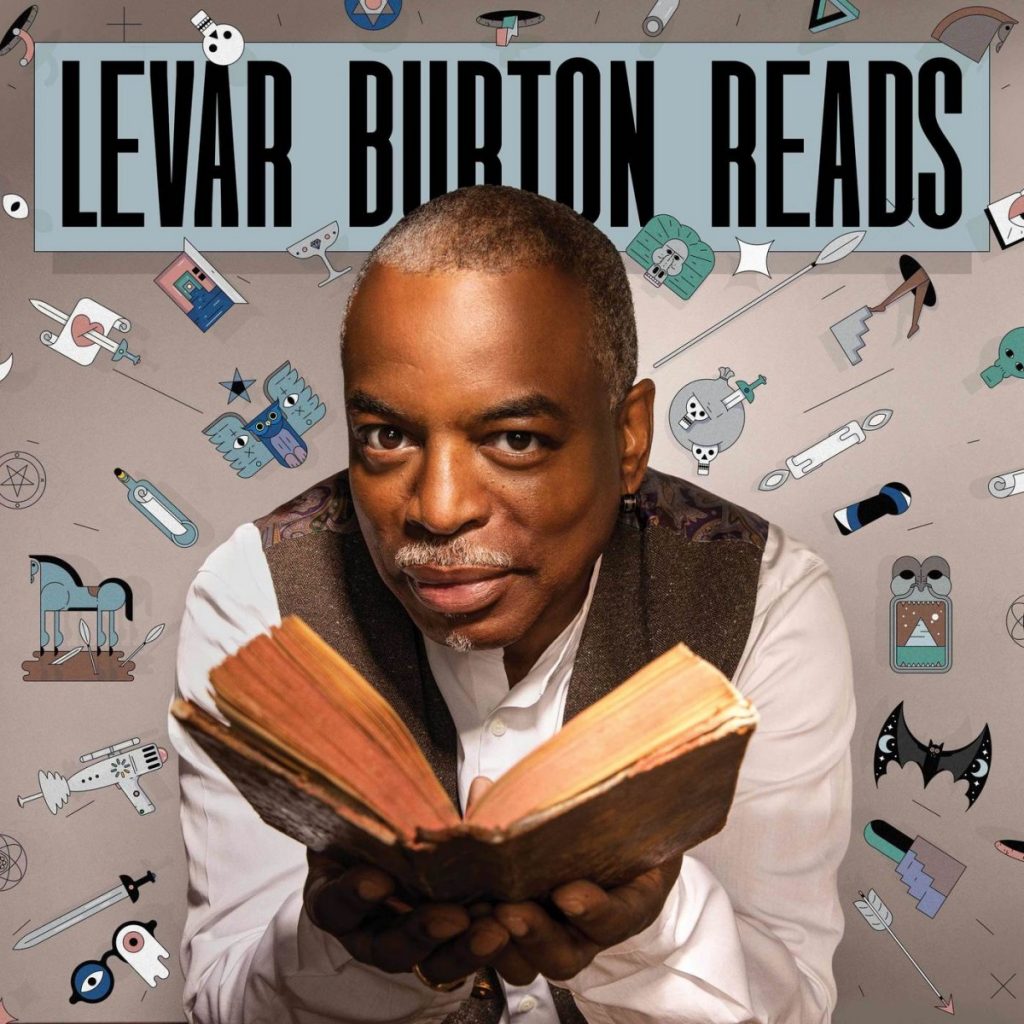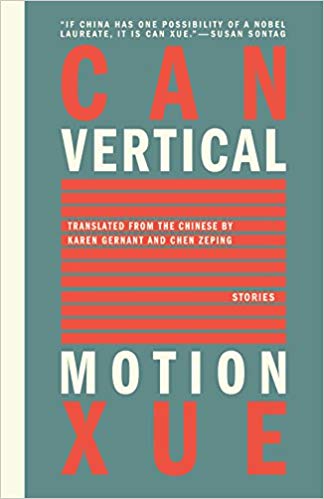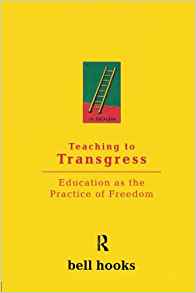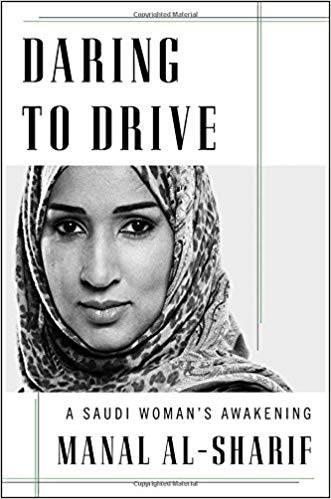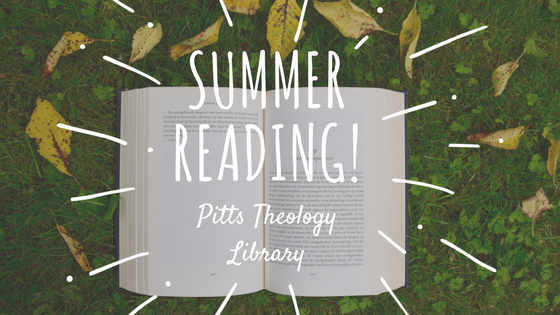
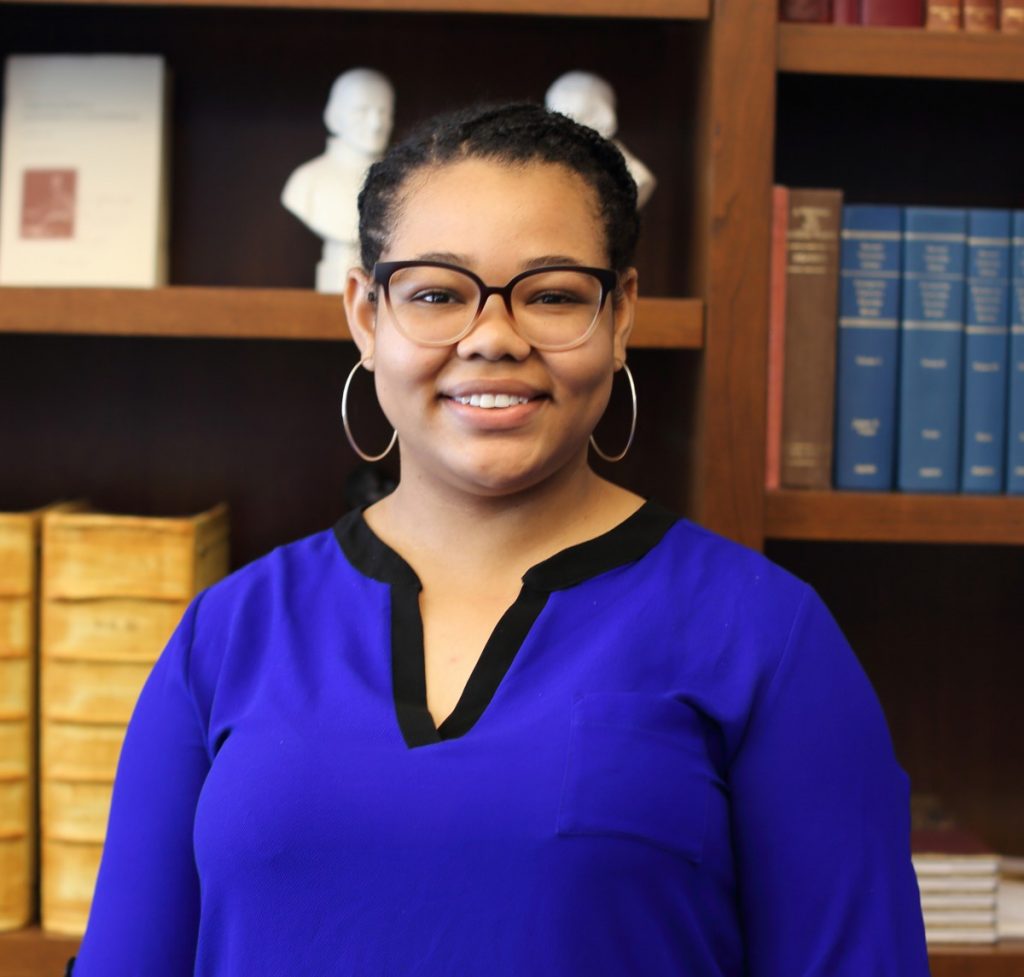 We close our 2019 Summer Reading series with recommendations from a new face at Pitts Theology Library, Yasmine Green. Yasmine joins Pitts as the new Stacks and Circulation Specialist after recently completing her Bachelor of Arts at Agnes Scott College. In addition to her work at the circulation desk, Yasmine is in charge of Pitts’ book stacks, making sure all the items you need are in the correct place on the shelf. As the Fall Semester and anticipated readings quickly approach, take a break from the books with some of Yasmine’s favorite podcasts!
We close our 2019 Summer Reading series with recommendations from a new face at Pitts Theology Library, Yasmine Green. Yasmine joins Pitts as the new Stacks and Circulation Specialist after recently completing her Bachelor of Arts at Agnes Scott College. In addition to her work at the circulation desk, Yasmine is in charge of Pitts’ book stacks, making sure all the items you need are in the correct place on the shelf. As the Fall Semester and anticipated readings quickly approach, take a break from the books with some of Yasmine’s favorite podcasts!
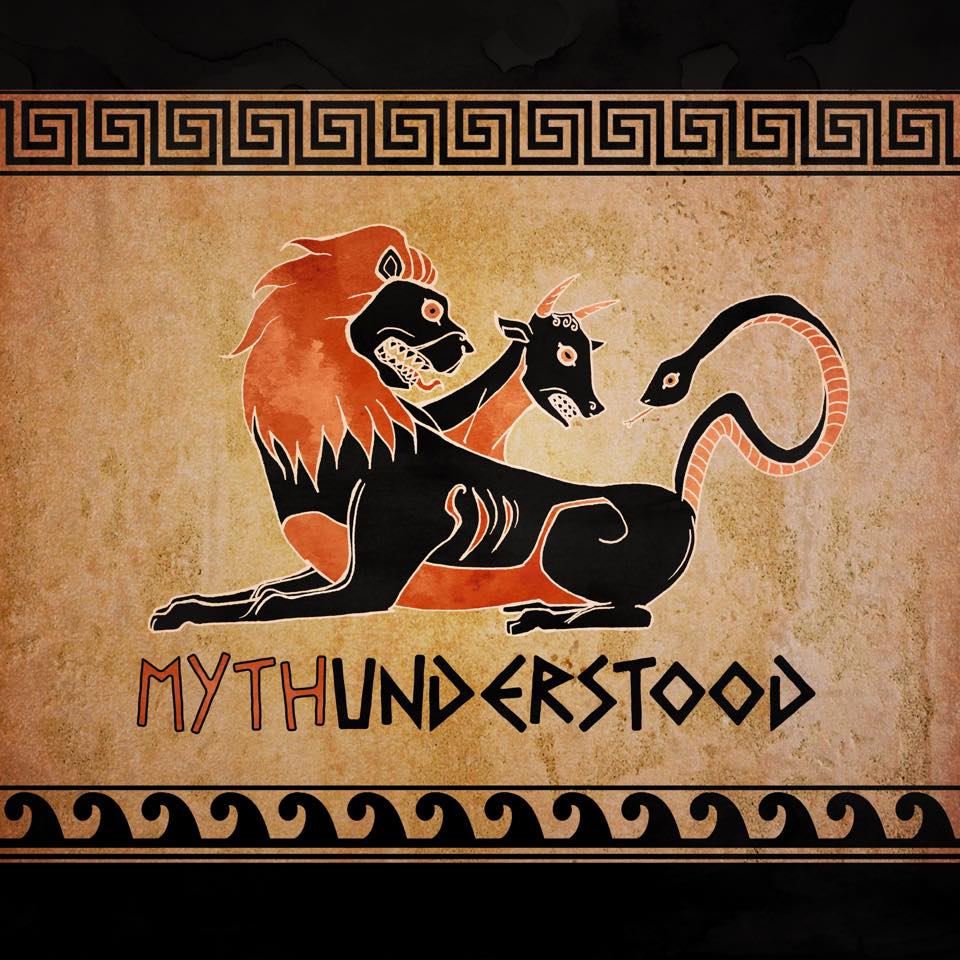 First, Yasmine recommends Mythunderstood: A Greek Mythology Podcast in which Paul Bianchi sits down with his best friend and comedic writing partner, Sarah Oliver, to teach her the ins and outs of Greek Mythology. From Silvanus and Sappho to Romulus and Remus, discover ancient legends you didn’t learn in school with new episodes released every other Wednesday. Episodes are available on demand at stitcher, iTunes, and at dragonwagonradio.com.
First, Yasmine recommends Mythunderstood: A Greek Mythology Podcast in which Paul Bianchi sits down with his best friend and comedic writing partner, Sarah Oliver, to teach her the ins and outs of Greek Mythology. From Silvanus and Sappho to Romulus and Remus, discover ancient legends you didn’t learn in school with new episodes released every other Wednesday. Episodes are available on demand at stitcher, iTunes, and at dragonwagonradio.com.
 Second, Yasmin suggests a podcast that explores incarceration and its impact on individuals . Ear Hustle is a non-fiction series about prison life produced at San Quentin State Prison by inmates Earlonne Woods and Antwan Williams with assistance from Nigel Poor, an artist who volunteers at the prison. The first podcast to be created entirely inside a prison, this series explores questions of culture and day-to-day life of inmates. Find episodes online at https://www.earhustlesq.com/.
Second, Yasmin suggests a podcast that explores incarceration and its impact on individuals . Ear Hustle is a non-fiction series about prison life produced at San Quentin State Prison by inmates Earlonne Woods and Antwan Williams with assistance from Nigel Poor, an artist who volunteers at the prison. The first podcast to be created entirely inside a prison, this series explores questions of culture and day-to-day life of inmates. Find episodes online at https://www.earhustlesq.com/.
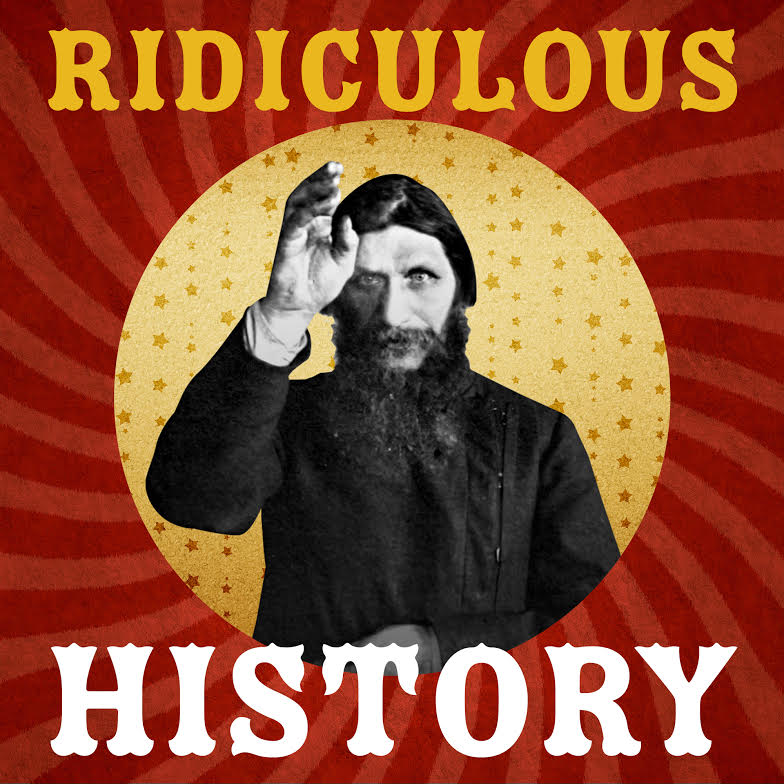 Last but not least is Ridiculous History, a podcast Yasmine describes as both “funny and informative.” This series is produced by veteran podcaster Ben Bowlin (HowStuffWorks, Stuff They Don’t Want You To Know, CarStuff and BrainStuff) and Noel Brown, a podcaster, musician, and filmmaker living right here in Atlanta! This podcast explores intriguing questions such as “Did the US Mafia actually start in New Orleans?” and bizarre events like “That Time Irish Separatists Invaded Canada.” Find episodes online at https://www.ridiculoushistoryshow.com/.
Last but not least is Ridiculous History, a podcast Yasmine describes as both “funny and informative.” This series is produced by veteran podcaster Ben Bowlin (HowStuffWorks, Stuff They Don’t Want You To Know, CarStuff and BrainStuff) and Noel Brown, a podcaster, musician, and filmmaker living right here in Atlanta! This podcast explores intriguing questions such as “Did the US Mafia actually start in New Orleans?” and bizarre events like “That Time Irish Separatists Invaded Canada.” Find episodes online at https://www.ridiculoushistoryshow.com/.
Thank you for joining us throughout the summer—please don’t hesitate to stop by the reference desk or get in touch if you’d like any other suggestions for your reading, listening, or viewing, whether it be for school or for pleasure!

